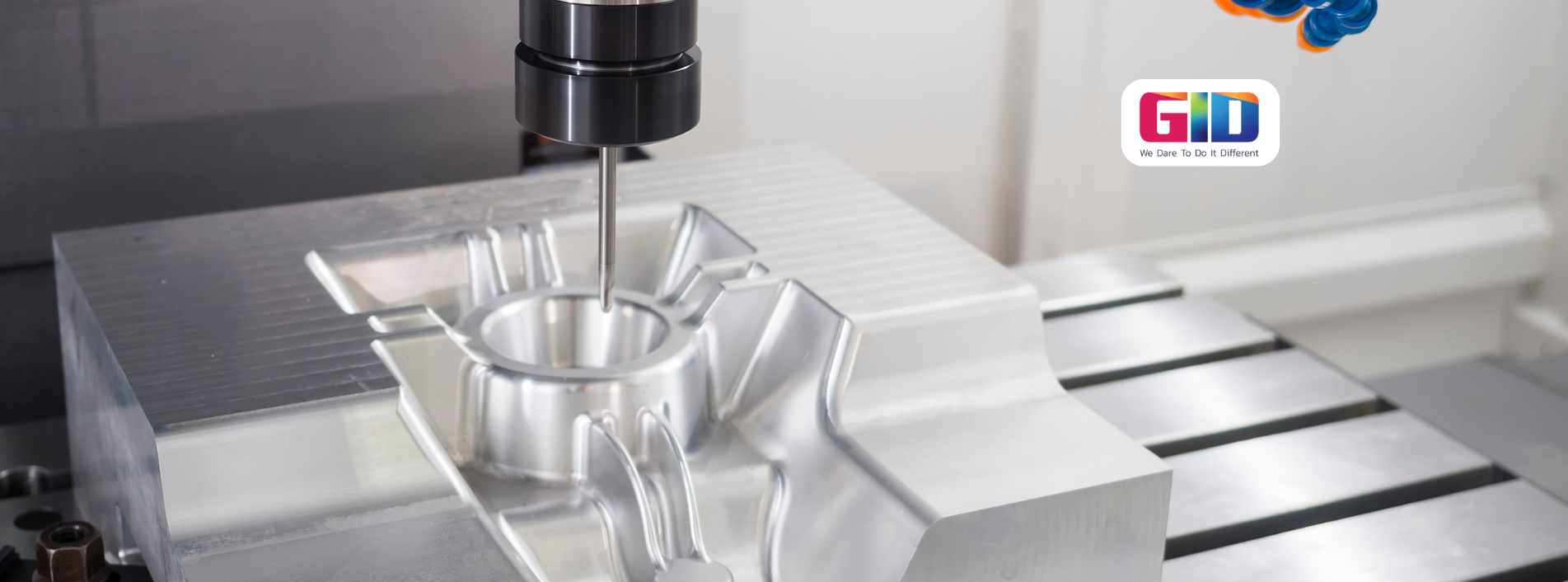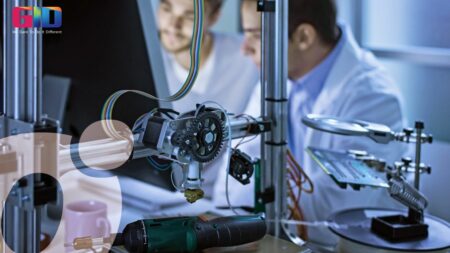Rotational molding is a thermoplastic process for manufacturing hollow plastic products and parts. It is an extremely specialized and unique plastic product manufacturing process in which powder or liquid resin is placed into a hollow mold and then that mold is bi-axially rotated over and over until the resin melts and coats the inner wall of the mold cavity. In the next step, the tool is cooled, and the part is extracted from the mold.
What is Rotational Molding?
When it comes to plastic product manufacturing, there are many great manufacturing processes (such as injection molding) that help in the development of highly precise finished products. However, every process has its own limitations. It is a specialized technique that is used to create a hollow plastic product with high precision. In this process, heat is used to melt and fuse the plastic resin in a closed mold. Unlike other manufacturing processes, no pressure is involved while developing a new product.
Mainly, the Plastic Rotational Molding can be classified into four different stages, i.e. loading the resin in the mold, heating and fusing the resin, cooling and finally extracting the product from the mold. Once the powered or liquid resin is placed in the mold, the charged mold is then positioned into an oven and rotated upon a rotating two axis arm at a slow speed. As the mold containing resin is constantly heated, the resin adheres to the mold’s inner wall until it is completely fused.
To ensure the gradual lowering of the temperature, the mold is then cooled with the help of water spray or air or a combination of both while still rotating. Once cooled, the mold is opened, the final part is extracted, and the mold is filled with the resin for the next production cycle.
With the advancement in the manufacturing technology, a wide variety of materials such as, polyethylene, plastisols, nylon, fluoropolymers, polycarbonate, polypropylene, polyurethane, and elastomers can be used to produce plastic products using rotational molding. It is one of the most economical plastic product manufacturing processes, and more importantly, products and parts can be developed in a variety of sizes and shapes that would be impossible to produce by any other process.
Why Use Plastic Rotational Molding for Manufacturing New Plastic Products?
There are plenty of manufacturing processes; however, Rotational Molding offers a unique set of rewards. It is a plastic product manufacturing process that is widely used to develop highly durable and long-lasting plastic products and parts. This manufacturing process offers the freedom to use the raw material of your choice; however, polyethylene is the most commonly used material. Ease of use is another advantage of this process. This process requires a mold, which can be built using different methods such as, casting, machining or fabricating a mold.
Advantages of Rotational Molding
It is a unique manufacturing process. It is a plastic product manufacturing method, in which the heating, melting, shaping, and cooling all occur after the resin is placed in the mold; hence, it can be easily controlled. It can be used to produce small to large, simple to complex parts in a very short time.
- It is an affordable manufacturing process
- It requires low initial tooling costs
- It can help you manufacture large products and parts economically
- It can help you develop durable, long-lasting products and parts
- It can help you develop plastic products or parts within the deadlines
- It offers design flexibility
- It ensures stress-free manufacturing of plastic products or parts
- It facilitates easy prototyping
- It allows raw material of your choice
The GID Development Corporation is an American Plastic Product Manufacturing Company that employs injection molding with specialized experience in manufacturing large, complex plastic products. The experts at the GID Company can help you determine if the process is right to produce your part or project. At GID Company, We build innovative products that multiply revenues of businesses in California and all over the US. From concept to launch, we bring your ideas to life with our all-around product design and development services. Let us tell you how we can help you. Get the best product design and development services in the USA.

















